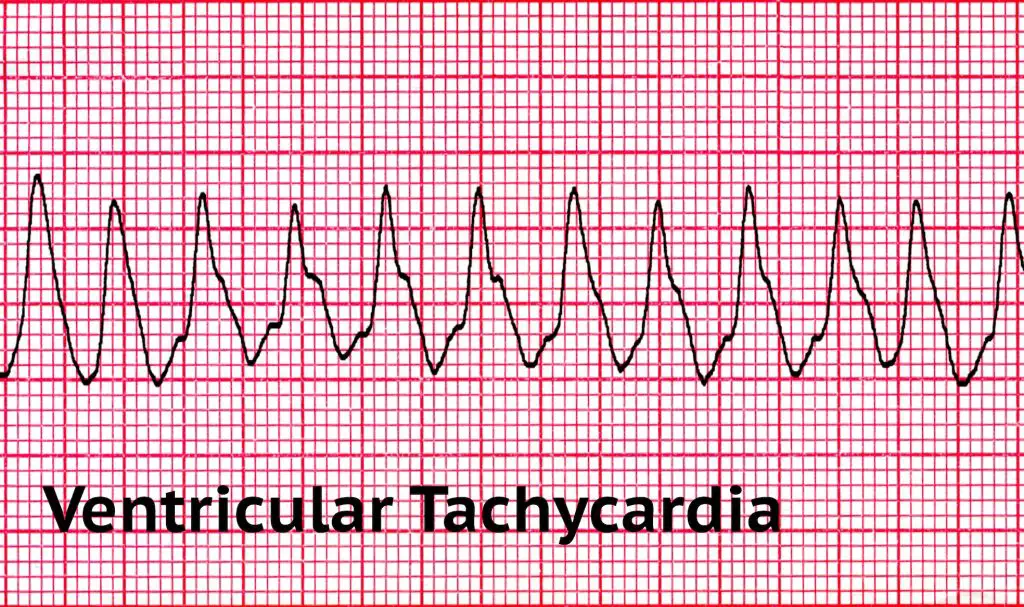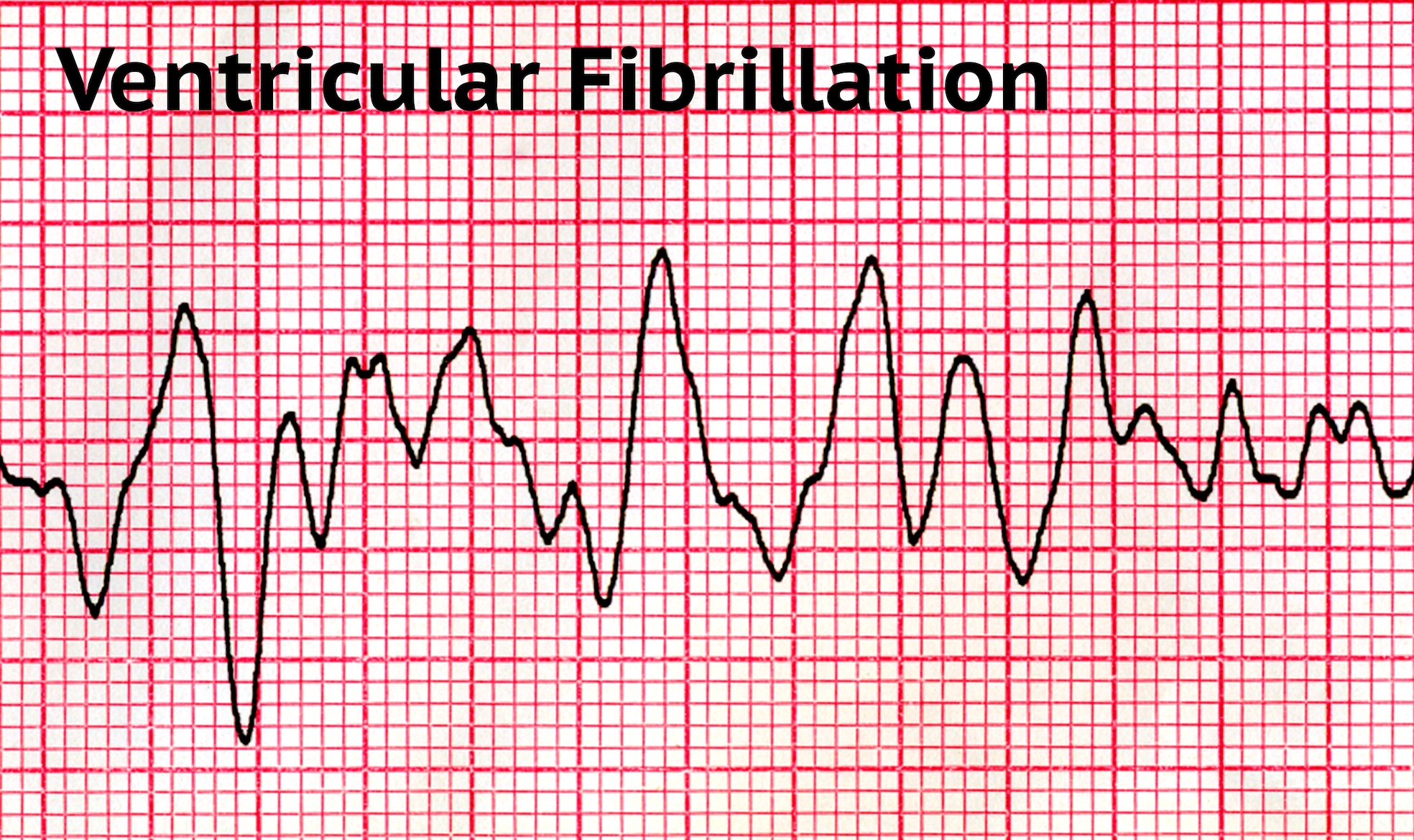Cardiac Arrest Rhythms - Heart rhythms associated with cardiac arrest are divided into two groups: Shockable rhythms (ventricular fibrillation / pulseless ventricular. When a patient goes into cardiac arrest, it’s crucial for healthcare professionals to quickly recognize the type of rhythm to initiate.
Shockable rhythms (ventricular fibrillation / pulseless ventricular. Heart rhythms associated with cardiac arrest are divided into two groups: When a patient goes into cardiac arrest, it’s crucial for healthcare professionals to quickly recognize the type of rhythm to initiate.
Heart rhythms associated with cardiac arrest are divided into two groups: Shockable rhythms (ventricular fibrillation / pulseless ventricular. When a patient goes into cardiac arrest, it’s crucial for healthcare professionals to quickly recognize the type of rhythm to initiate.
Figure 6 from A quick guide for four cardiac arrest rhythms Semantic
Heart rhythms associated with cardiac arrest are divided into two groups: When a patient goes into cardiac arrest, it’s crucial for healthcare professionals to quickly recognize the type of rhythm to initiate. Shockable rhythms (ventricular fibrillation / pulseless ventricular.
Pulseless Electrical Activity Vs Asystole
Shockable rhythms (ventricular fibrillation / pulseless ventricular. Heart rhythms associated with cardiac arrest are divided into two groups: When a patient goes into cardiac arrest, it’s crucial for healthcare professionals to quickly recognize the type of rhythm to initiate.
Shockable Vs. Nonshockable Rhythms In Cardiac Arrest In 2024
Heart rhythms associated with cardiac arrest are divided into two groups: Shockable rhythms (ventricular fibrillation / pulseless ventricular. When a patient goes into cardiac arrest, it’s crucial for healthcare professionals to quickly recognize the type of rhythm to initiate.
Which Rhythms Are Shockable qluxdesign
When a patient goes into cardiac arrest, it’s crucial for healthcare professionals to quickly recognize the type of rhythm to initiate. Heart rhythms associated with cardiac arrest are divided into two groups: Shockable rhythms (ventricular fibrillation / pulseless ventricular.
CARDIAC ARREST AND RESUSCITATION SCIENCE USING GLOBAL KNOWLEDGE
When a patient goes into cardiac arrest, it’s crucial for healthcare professionals to quickly recognize the type of rhythm to initiate. Shockable rhythms (ventricular fibrillation / pulseless ventricular. Heart rhythms associated with cardiac arrest are divided into two groups:
What are the Two Shockable Rhythms in Cardiac Arrest? Free CPR Training
When a patient goes into cardiac arrest, it’s crucial for healthcare professionals to quickly recognize the type of rhythm to initiate. Heart rhythms associated with cardiac arrest are divided into two groups: Shockable rhythms (ventricular fibrillation / pulseless ventricular.
Surface Electrocardiogram Predictors of Sudden Cardiac Arrest Ochsner
Heart rhythms associated with cardiac arrest are divided into two groups: When a patient goes into cardiac arrest, it’s crucial for healthcare professionals to quickly recognize the type of rhythm to initiate. Shockable rhythms (ventricular fibrillation / pulseless ventricular.
Shockable vs. Nonshockable Rhythms in Cardiac Arrest Geeky Medics
Shockable rhythms (ventricular fibrillation / pulseless ventricular. Heart rhythms associated with cardiac arrest are divided into two groups: When a patient goes into cardiac arrest, it’s crucial for healthcare professionals to quickly recognize the type of rhythm to initiate.
Figure 1 from A quick guide for four cardiac arrest rhythms Semantic
When a patient goes into cardiac arrest, it’s crucial for healthcare professionals to quickly recognize the type of rhythm to initiate. Heart rhythms associated with cardiac arrest are divided into two groups: Shockable rhythms (ventricular fibrillation / pulseless ventricular.
Shockable vs. Nonshockable Rhythms in Cardiac Arrest Geeky Medics
When a patient goes into cardiac arrest, it’s crucial for healthcare professionals to quickly recognize the type of rhythm to initiate. Shockable rhythms (ventricular fibrillation / pulseless ventricular. Heart rhythms associated with cardiac arrest are divided into two groups:
Shockable Rhythms (Ventricular Fibrillation / Pulseless Ventricular.
When a patient goes into cardiac arrest, it’s crucial for healthcare professionals to quickly recognize the type of rhythm to initiate. Heart rhythms associated with cardiac arrest are divided into two groups:









